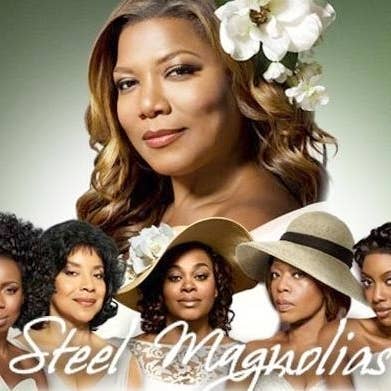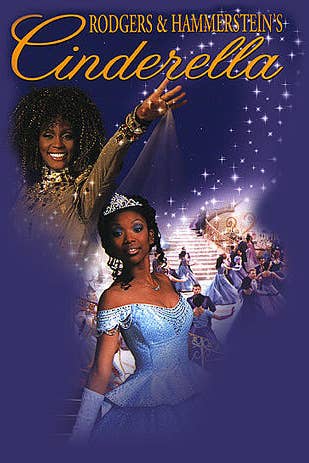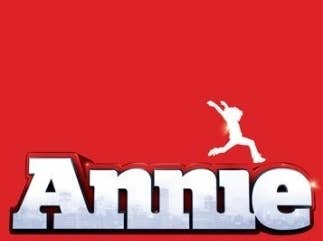Diana Ross’ The Wiz (1978) is the most notable black remake of an older film; however, it is not unique in this characteristic. There have been many popular remakes of older movies with predominantly black casts, including Steel Magnolias (2012), Cinderella (1997), and Annie (2014).[1] The Wiz does an amazing job of introducing black culture into a classic film, utilizing the greater platform to speak on social issues that might normally be ignored. The Wiz comments on the hard times African Americans faced in the 1970s, portraying Munchkinland as a fantasized version of Harlem, with the Munchkins being enslaved to factory labor through the steam punk characteristics of the fantasy land. The famously evil character The Wicked Witch of the West runs the slave state, representing the historical treatment of black people in this country, while The Wicked Witch of the East represents white governance, as she trapped all of the munchkins in the graffiti in Harlem.[2]



Using Hollywood as a platform to fight against social issues is a very common and effective strategy that is often used by black actors and filmmakers. This allows them to reach all generations and demographics, and gives a way to get a message across in a friendlier and arguably more effective way. There are two modern day films that I would like to focus on that, although they are not remakes of originally white films, follow in The Wiz’s footsteps. Get Out (2017) and The Black Panther (2018) were two widely popular films that used the hype created around them to get across a meaningful message. Get Out was the 15th highest grossing film of 2017, and Black Panther currently sits atop the rankings for 2018 by an extremely large margin.[3]
Get Out, the thriller hit by Jordan Peele, exposes the hypocrisy of racism among white liberals. Most films that comment on racism portray the villains as either skinheads or rednecks, while Get Out has a cast of villains that seem very relatable and friendly at first. Get Out screams to the audience that the problem of racism is greater than most Americans believe it to be.

The Black Panther focuses on the oppression of blacks throughout the nation due to the vicious poverty cycle. In the futuristic superhero film, the villain is trying to take over the world in order to bring power to those who have struggled for centuries, making him very relatable, and very likeable. Once again, a very deep and meaningful message is pushed to the crowd through an entertaining platform.

It seems like more so than ever, black filmmakers and writers are using either movies or television to promote a message that they want to get across to a large audience. I feel that this strategy is extremely effective, and through entertaining and relatable media, people may be more open to listening to their ideas.
[1] Doriean Stevenson, “10 Classic Remakes That Gave Minority Actors The Spotlight,” Buzzfeed, March 28, 2014, https://www.buzzfeed.com/dorieanstevenson/films-that-were-remade-with-a-minority-cast?utm_term=.bxJwEPwQYj#.mnnMzVMa4N
[2] Vann Newkirk, “The Wonderful Afrofuturism of ‘The Wiz’”, SevenScribes, January 20, 20176, http://sevenscribes.com/wonderful-afrofuturism-wiz/
[3] “2017 Domestic Grosses,” Box Office Mojo, http://www.boxofficemojo.com/yearly/chart/?yr=2017; “Annual Movie Chart – 2018,” The Numbers, https://www.the-numbers.com/market/2018/top-grossing-movies